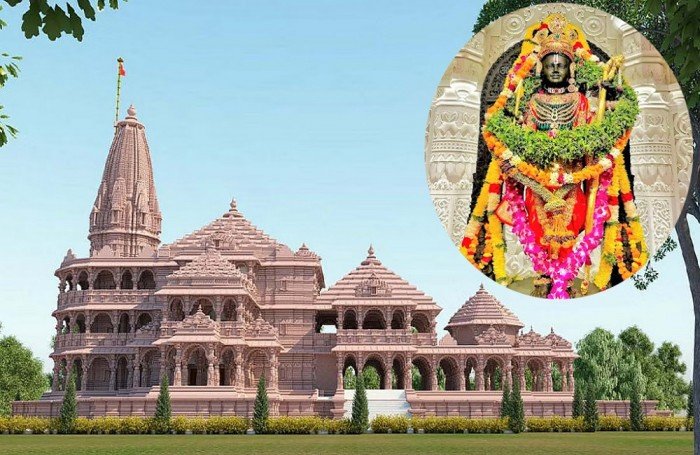


This temple is situated at the place which is considered to be the birthplace of Ram, the main deity of Hindu religion. Earlier, the site housed the Babri Masjid, which was constructed after demolishing an existing un-Islamic structure, which was later demolished. In 2019, the Supreme Court of India ruled on the disputed land, stating that the land belongs to Hindus and a Ram temple can be built on it.
Muslims will be given a separate piece of land to build a mosque. The court cited as evidence a report by the Archaeological Survey of India (ASI), which cited evidence suggesting the presence of a non-Islamic structure beneath the demolished Babri Masjid.
The Ayodhya Ram Mandir is not just a temple, but a symbol of faith, unity, and cultural heritage. The construction of the temple is a landmark event in the history of India, signifying the triumph of truth, justice, and righteousness. The temple is a testimony to the enduring spirit of the Hindu community and their unwavering devotion to Lord Ram.
The temple trust set up by the government was initially headed by Parasaran was tasked to nominate the remaining three members. On 19 February 2020, the first meeting of trust held at the residence of Parasaran, elected Ram Janmabhoomi Nyas' chief, Mahant Nrityagopal Das Ji Maharaj as the Chairman and VHP vice-president, Champat Rai as the General Secretary.